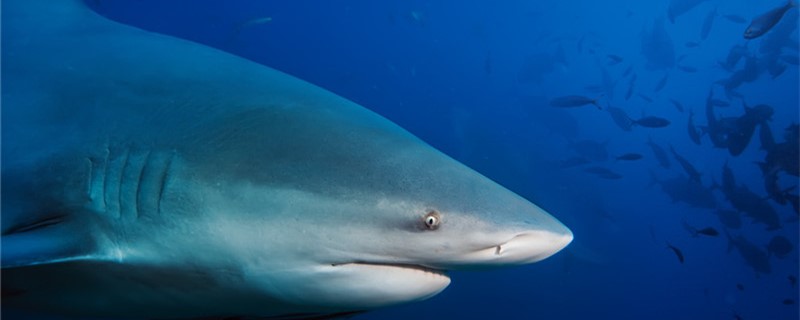
All fish are not mammals, while sharks belong to fish and are cartilaginous fish. Therefore, sharks are not mammals. Although the size of sharks is very large, it does not change their fish attributes, their characteristics and reproductive methods are very similar to other fish, but very different from mammals. It is a misconception that sharks are mammals because of their large size, and this misconception must be changed.
The differences between mammals and non-mammals are very large, including the differences in their reproductive methods. As mentioned above, shark is a kind of fish, not a mammal. Mammals generally reproduce viviparously, but fish do not. The same is true of sharks, which are not viviparous.
However, judging from the specific process of shark reproduction, there are certain similarities with viviparity. After the process of fertilization is completed, the subsequent hatching process is completed in the shark's body, after the completion of hatching before birth, unlike other fish that produce eggs, this is similar to viviparity. However, this does not change the conclusion that sharks themselves are oviparous, because their reproductive process is very different from viviparity, in which there is no exchange of nutrients between mothers and larvae, but only provides a layer of physical barrier protection. When naming the reproductive mode of sharks, they can be called oviparous or ovoviviparous, but they can not be directly called viviparous.